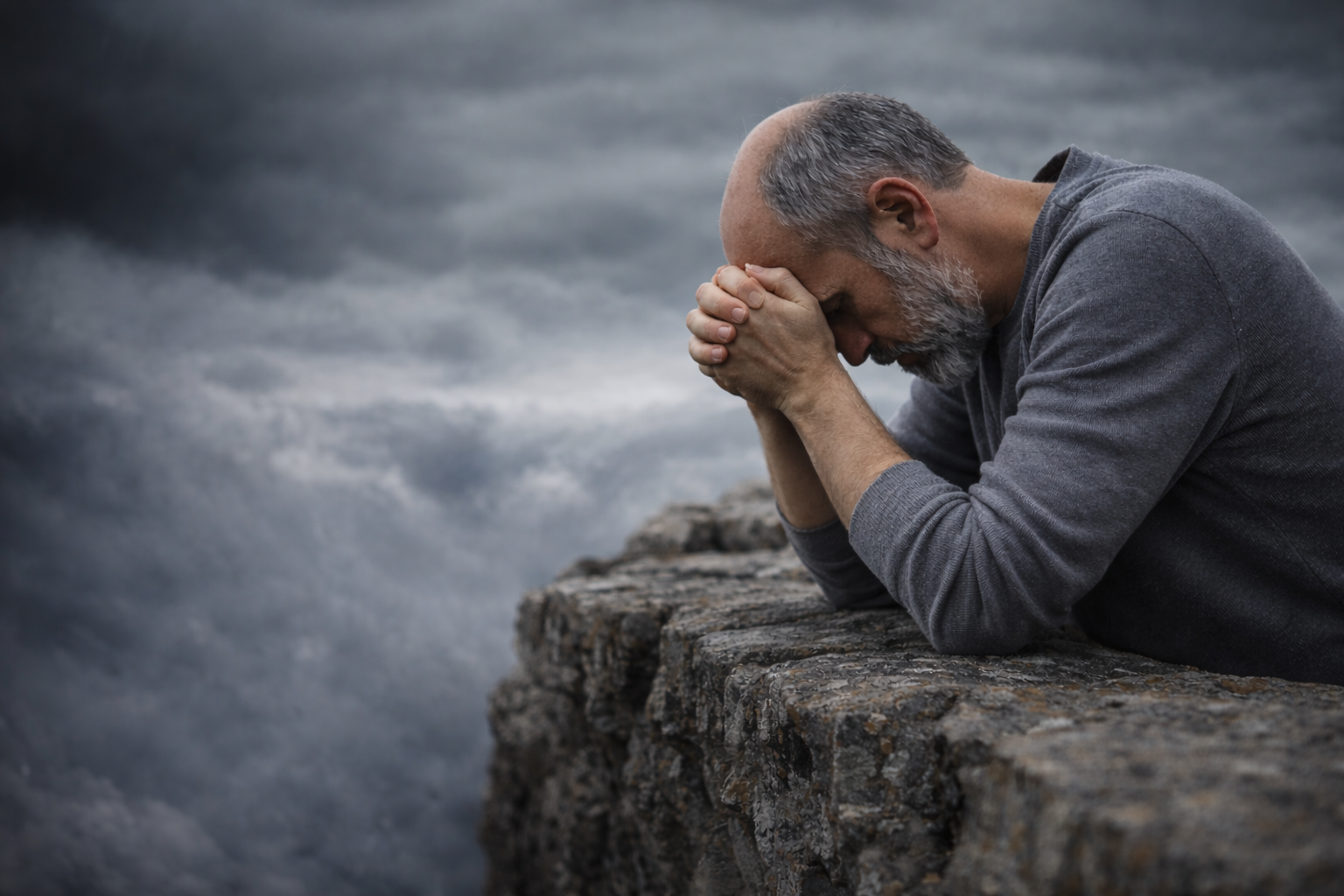There are several GroupMe chat groups of bootcamp alumni to which I belong, where a question similar to the following is raised from time to time - and again very recently:
"I’ve been in recovery for some time now. I’ve worked to make ammends, but my wife is still very angry with me. How long should it take before she can forgive me and let go of our past and work on our present and future?”
This is a very triggering question for both the man seeking recovery and the partner who bore the brunt of the consequences of an addiction for years or decades.
Some relationships don’t heal. The damage was done, trust was shattered, and the wife can’t or won’t let it go. There is too much water under the bridge to want to give it another go.
I’ve seen some of my friends get divorced and finally feel free. Hoping that their now ex-spouse will be able to move on with a fresh start with someone else.
For others, they jump into another relationship only to feel regret that they couldn’t get the first one to work out. Or to find that they haven’t changed as much as they had thought, and the second marriage isn’t all it was cracked up to be in their minds. A new relationship has been formed, but many of their old personality traits persist, and the same problems remain. The only thing that has changed is the partner.
Within the stories of our podcasts, you will hear both sides. I’ve gotten to know some of the men and women who told their stories only to realize that much of their story is still yet to be told. After the microphones are turned off and the episode released, life continues. What seemed like a happily ever after within the episode took a turn, and the relationship didn’t survive the bumps in the road.
Many others are thriving. Not perfect. But working together, healing together, and building a marriage on a firm foundation of recovery.
I’ve seen a common denominator that is distilled into two questions.
The first is humbly approaching God and asking: “Dad, who am I to You?”
I listen quietly. I wait for the answer to come. Only then can I ask the next question –
“Father, is it the right thing to do right now to continue to invest in this relationship? Is what I’m doing helping or hurting? What is my part in this, and what is Your Will moving forward?”
I must divorce myself from seeking approval and acceptance from anyone but God. In doing so, I am at peace with the proper path to follow.
It is thinking less about me and my unmet needs and more about my partner. For me, the answer to the above question came back yes many times. And immediately, or sometimes over time, I get an answer to what my part is - where I have growth and challenges to overcome.
I have friends who are living their best lives and in a new relationship.
I have friends who continually regret leaving and wish they could go back and make it right.
And I had an aunt and uncle who got back together twice and stuck it out until one took her last breath, and he followed a short time later, well into the twilight years of their lives, deeply in love and affection for each other.
Wherever you are, I pray that you can be focused on where you need to improve - as I’ve found that is the most empowering place to be - and focused on who you are in God’s eyes above all else.



